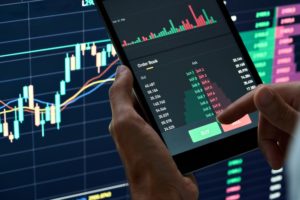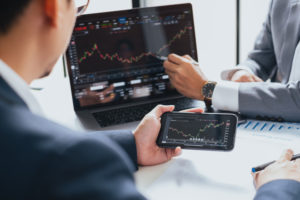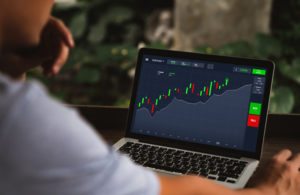According to estimates, there are almost 381 million people living in West Africa. Unfortunately, the region has also become a major climate change hotspot, which is most probably going to have an impact on crop yields, subsequently affecting food production and also destroying its unique wildlife. Simultaneously, the region is also on its way to become the next hotspot for blockchain as well, with it showing continued interest in digital solutions and cryptocurrency. Last year, Nigeria was the top country for Bitcoin Google searches, which is connected to the fintech adoption across the continent. Due to its increased acceptance for crypto and new technologies, the region has become a great place for implementing blockchain-based solutions for combating ongoing geographical challenges.
Telokanda is one the companies that wishes to make a difference in West Africa. Launched by former NASA and Boeing engineer, Telokanda is an open-source weather technology firm and has introduced a weather balloon initiative based on the blockchain. The company has entered into a partnership with blockchain platform Telos for uploading weather data generated via weather balloons. These high-altitude devices have been designed for collecting and transmitting information about temperature, atmospheric pressure, wind speeds and humidity through a small sensor known as a radiosonde.
Data is transmitted by the sensors to the Telos blockchain in real-time and the information is stored on the RAM. This data is used by Telokanda for alerting first responders about any severe weather conditions almost 12 hours ahead of time. They are also working on a prototype of a text messaging service that would be able to notify citizens automatically when harsh weather conditions are detected by the weather balloons. Chief architect of Telos, Douglas Horn said that the weather balloon project by Telokanda is being piloted in West Africa currently because there is an urgent need for collecting weather data from the region.
Not only does the local population suffer due to lack of weather information, but it is also a global challenge because lack of data can from the region can limit meteorological predictions for the Atlantic and beyond. Data shows that historical climate data in Africa has not been digitized, and mostly paper-based incomplete records are available. Despite the challenges in keeping records of weather conditions in the region, Nicolas Lopez, the founder of Telokanda said that the company was interested in working in West Africa. This is because collecting the weather data is useful for U.S. insurance companies, as they can analyze the risk of hurricanes that might originate off the coast of Africa.
He said that the region was such that knowing the weather conditions would benefit the local population, along with the United States, thousands of miles away. While their weather balloons collect the data, the Telos blockchain can offer public transparency, which enables anyone to access and use the collected information. Although Africa’s weather officials have frowned upon data transparency and the use of it by others, Horn added that the project would certainly be valuable for everyone involved.







More Stories
Coinbase Files A Petition To The SEC, Argues That Staking Should Not Be Classified As Securities
Celsius’ Adviser And Lawyer Fees Set To Hit $144M, Community Reacts
Taiwan’s FSC Set To Become Main Crypto Regulatory Watchdog